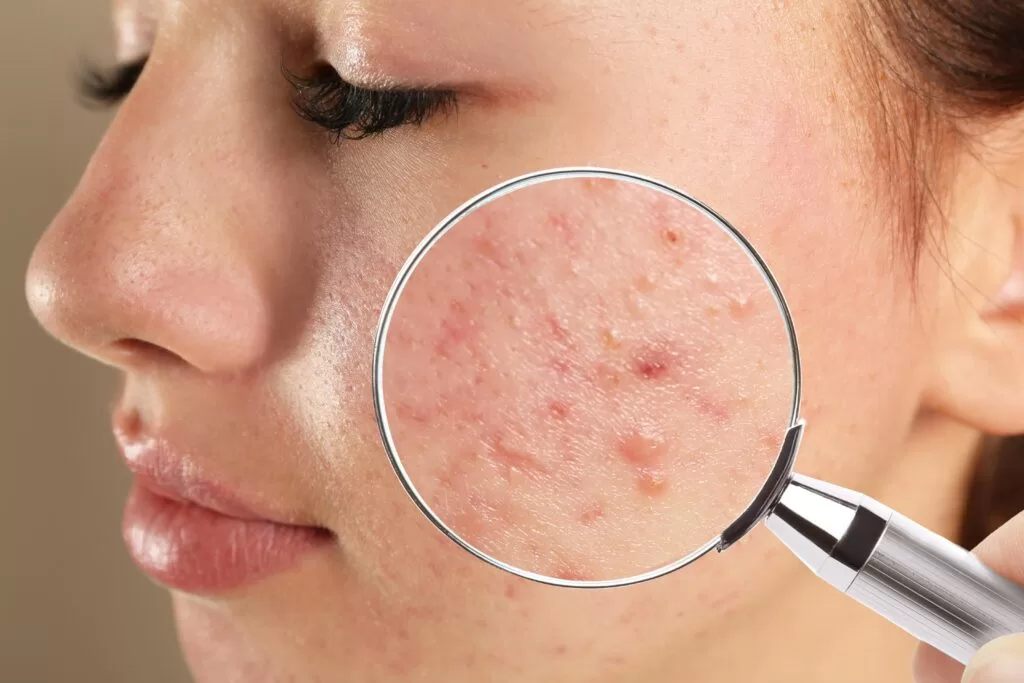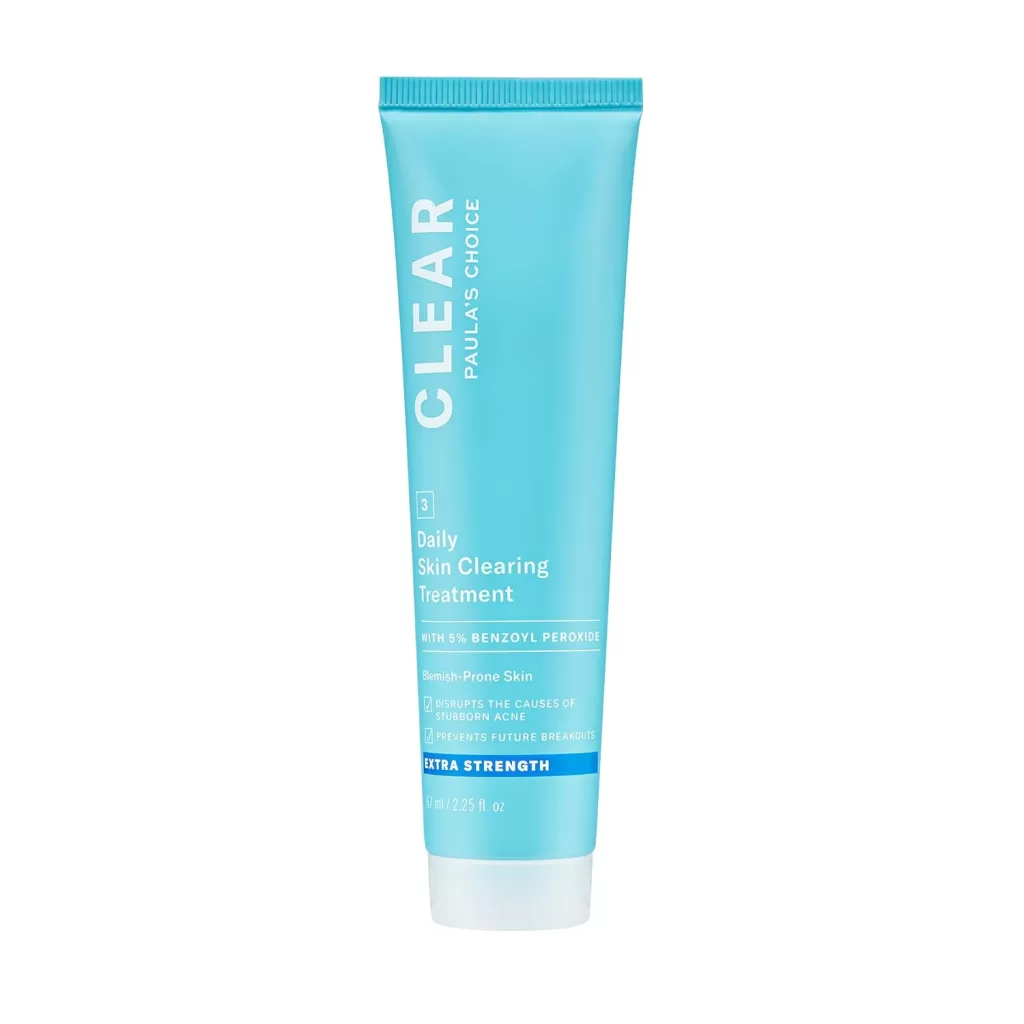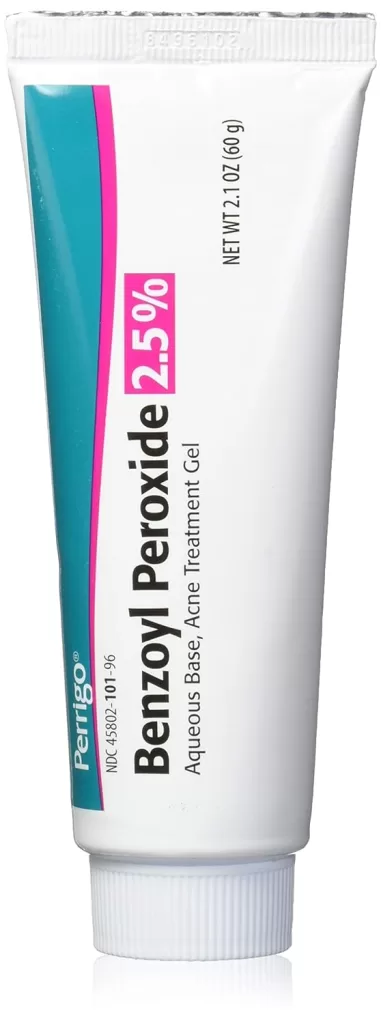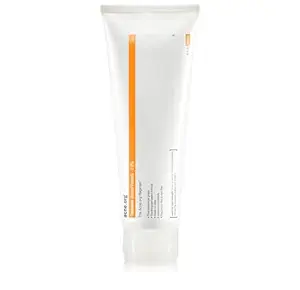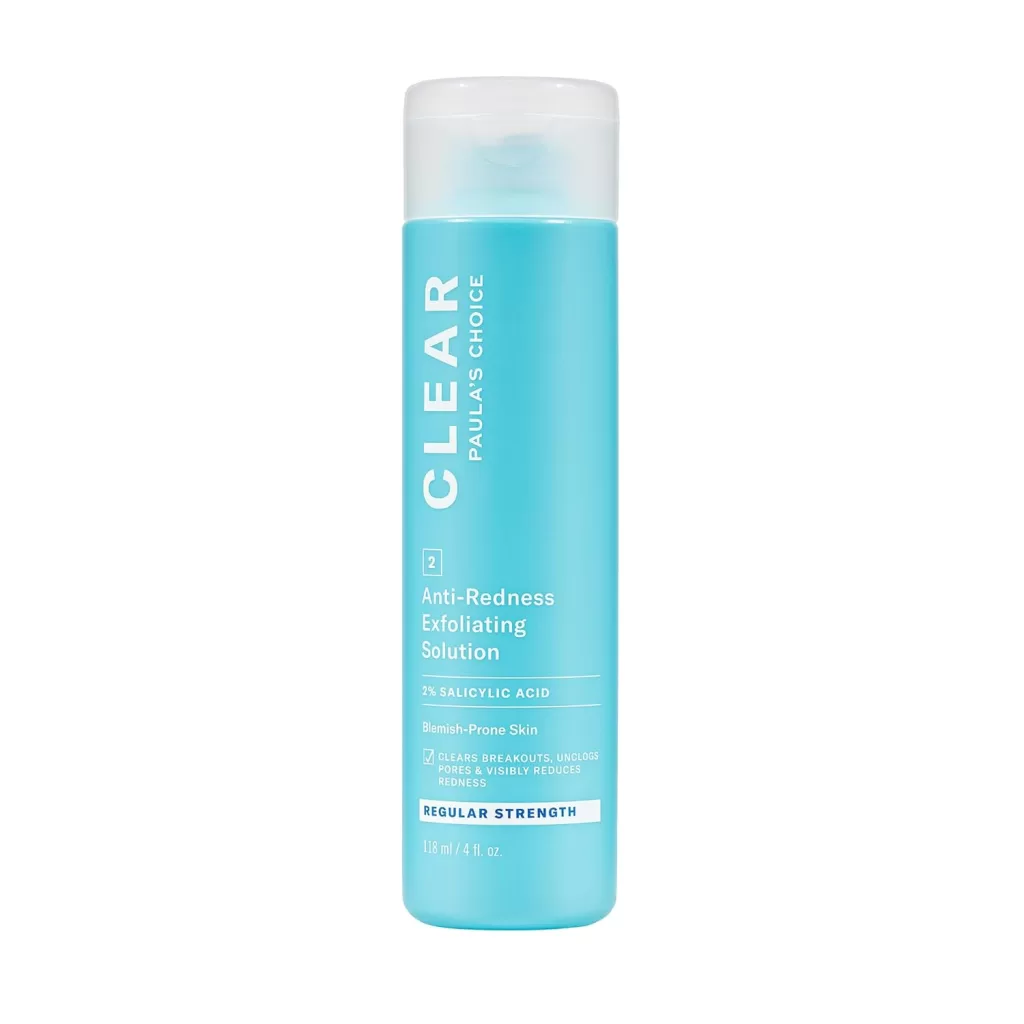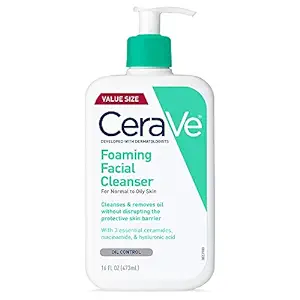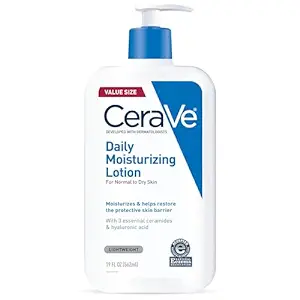Acne Vulgaris: A Comprehensive Guide
Acne Vulgaris is a common skin condition that affects millions worldwide. Characterized by pimples, blackheads, and cysts, this condition can cause significant emotional distress and physical discomfort. Understanding the causes and treatments of Acne Vulgaris is crucial for effective management and achieving clear, healthy skin.
What is Acne Vulgaris?
Acne Vulgaris is the medical term for common acne, a chronic skin condition that typically starts during puberty and can persist into adulthood. It primarily affects the face, chest, and back, where sebaceous glands are more prominent. The condition occurs when hair follicles become clogged with oil, dead skin cells, and bacteria, leading to inflammation and acne lesions.
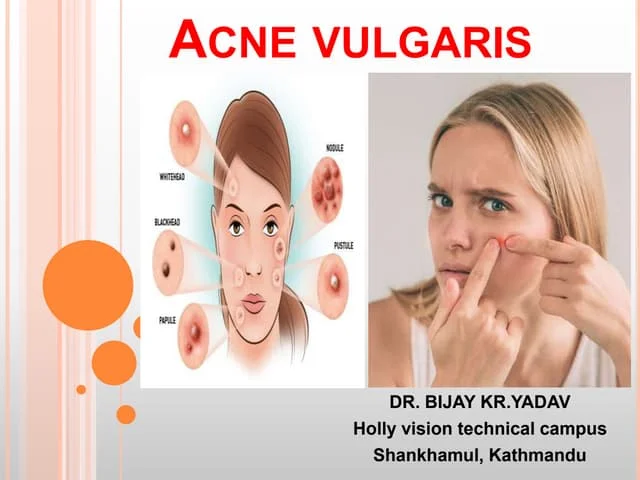
The Different Types of Acne Lesions
- Comedones (Blackheads and Whiteheads): These are non-inflammatory lesions caused by clogged hair follicles.
- Papules and Pustules: Small, inflamed bumps that can be red or filled with pus.
- Nodules and Cysts: Larger, painful lumps beneath the skin that can lead to scarring.
Causes of Acne Vulgaris
Understanding the underlying causes of Acne Vulgaris is essential for effective treatment. Several factors contribute to the development of acne:
Recent Discoveries: Studies have shown that environmental factors, including pollution and urban living, can worsen acne. This has led to the concept of “urban acne,” where pollutants clog pores and exacerbate acne conditions. Skincare products designed to protect the skin from pollution are gaining popularity as part of acne treatment regimens.
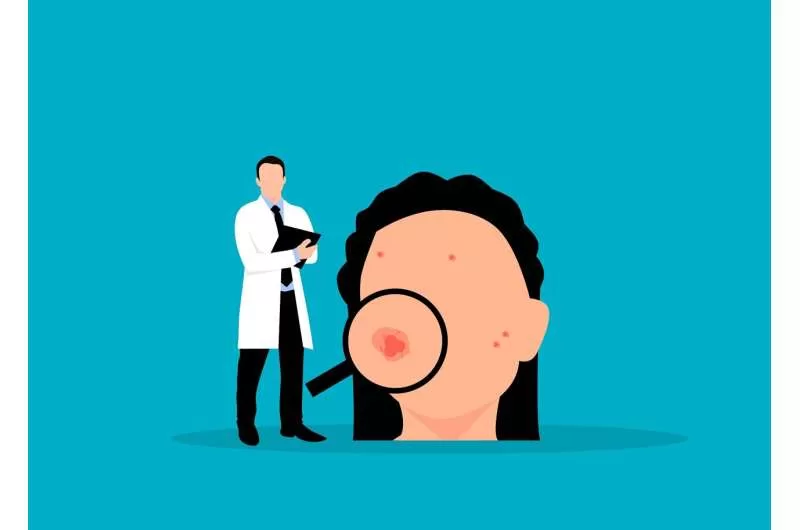
Microbiome and Acne
New Discoveries: New research has highlighted the role of the skin microbiome in acne development. It’s not just Cutibacterium acnes that contributes to acne; an imbalance in the overall microbiome can exacerbate the condition. Recent studies suggest that probiotics, both topical and oral, may help restore a healthy balance of bacteria on the skin, potentially reducing acne severity.
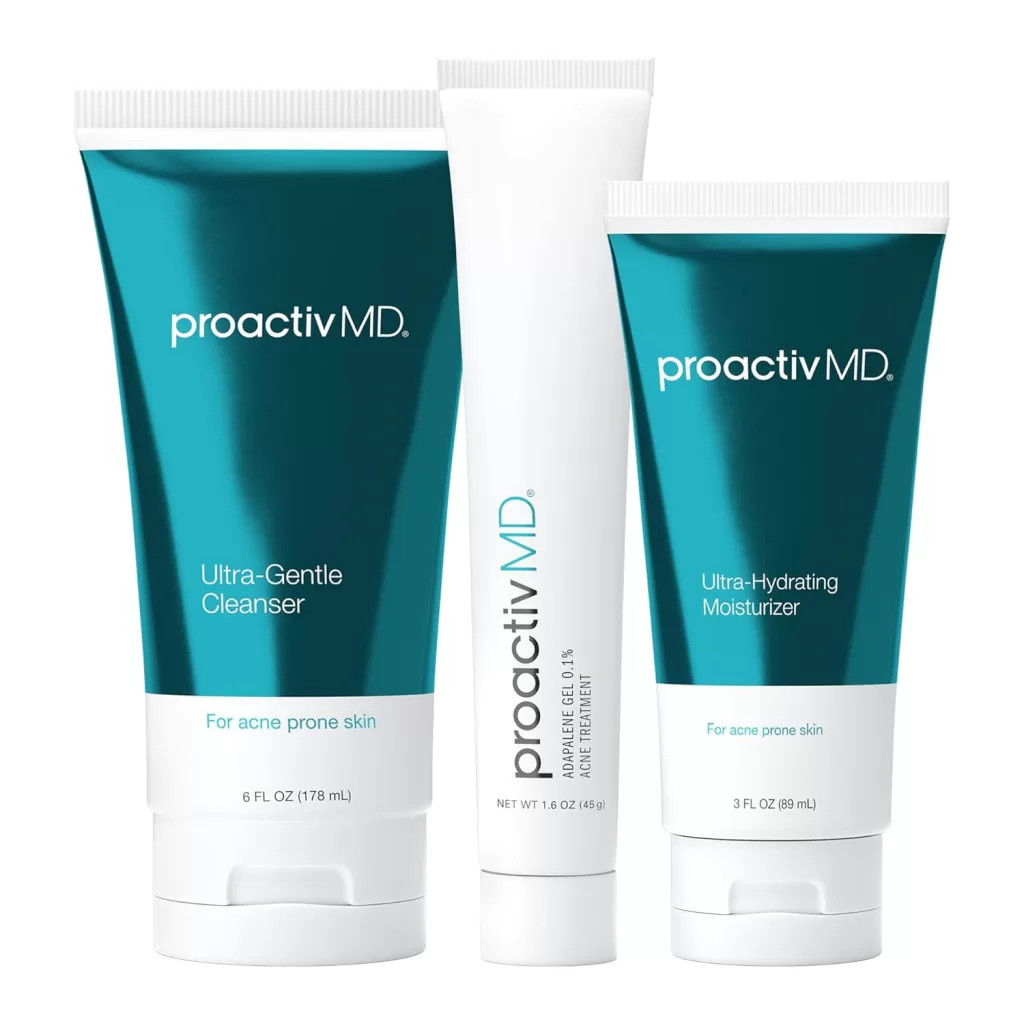
ProactivMD Adapalene Gel Acne Kit – with Adapalene Gel Acne Treatment, Green Tea Face Cleanser, and Moisturizer with Hyaluronic Acid- 90 Day Kit
Hormonal Fluctuations
Hormones play a significant role in acne development, especially during puberty, menstruation, pregnancy, and hormonal therapies. Androgens, in particular, stimulate the sebaceous glands, increasing oil production and leading to clogged pores.
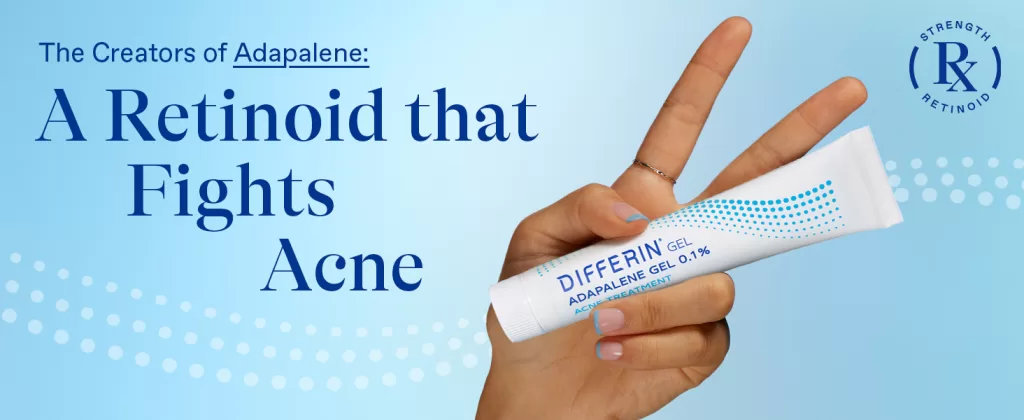
Hormonal Acne and New Treatments
- Recent Discoveries: Hormonal acne, particularly in adult women, has been a focus of recent studies. The introduction of spironolactone, an anti-androgen medication traditionally used for other purposes, has shown promise in treating hormonal acne. Additionally, ongoing research into the effects of diet on hormone levels is offering new insights into how dietary changes can complement traditional treatments.
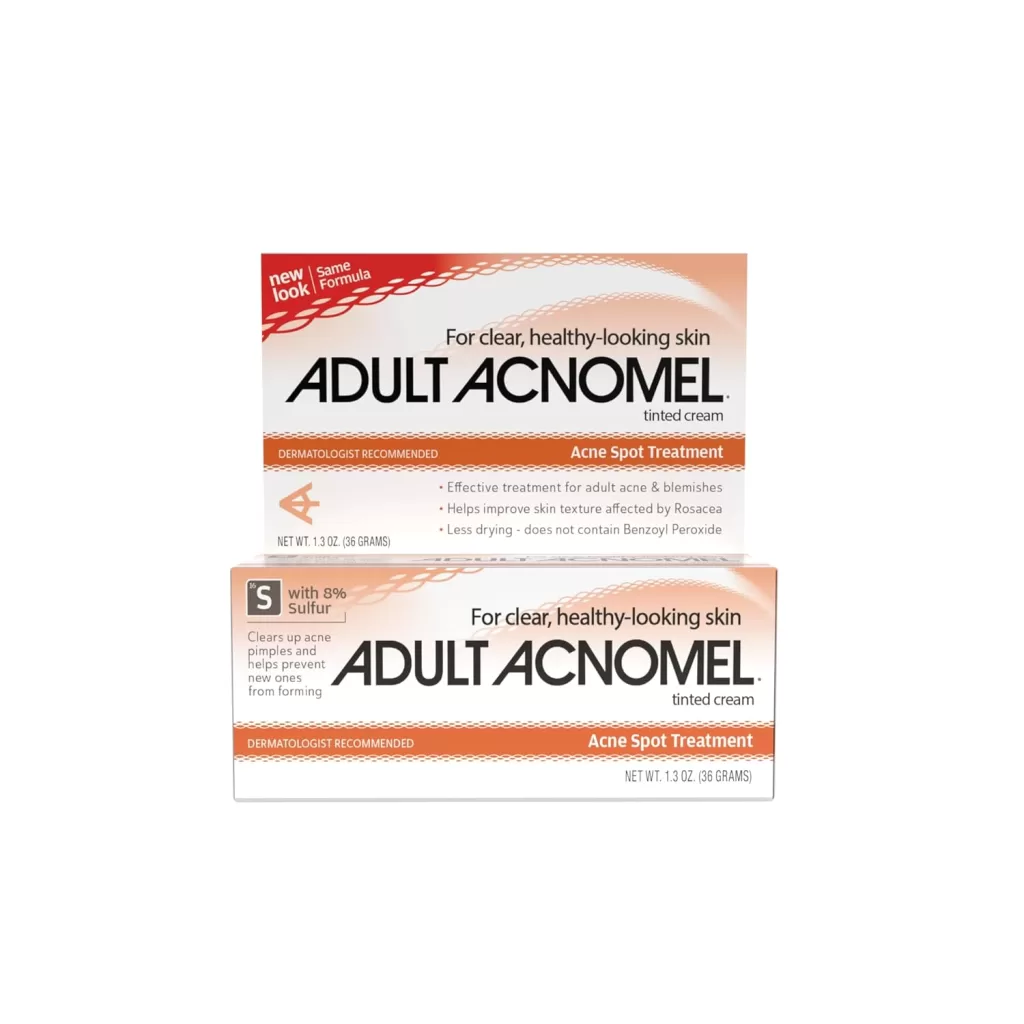
Adult Acnomel Acne Medication Cream, 1.3 Ounces
Genetics
Genetics can determine how your skin reacts to hormones and other factors that cause acne. If your parents had severe acne, you’re more likely to experience it as well.
Genetic Research and Acne
- Recent Discoveries: Recent genetic research is beginning to uncover specific genetic markers associated with a higher risk of developing severe acne. Understanding these genetic predispositions could lead to more targeted treatments in the future, including the development of new drugs that address these genetic factors.
Lifestyle and Diet
While the relationship between diet and acne isn’t fully understood, certain foods like dairy and high-glycemic foods may exacerbate acne in some individuals. Lifestyle factors such as stress, poor sleep, and improper skincare can also contribute to acne flare-ups.
Bacteria
The bacteria Cutibacterium acnes (formerly Propionibacterium acnes) naturally resides on the skin. When hair follicles are blocked, these bacteria multiply, causing inflammation and worsening acne symptoms.
Effective Treatments for Acne Vulgaris
Treating Acne Vulgaris requires a combination of over-the-counter products, prescription medications, and lifestyle adjustments. The severity of your acne will determine the most appropriate treatment options.
Topical Treatments
- Benzoyl Peroxide: Reduces bacteria and dries out excess oil, making it effective for mild to moderate acne.
- Retinoids: Derived from Vitamin A, these help unclog pores and promote cell turnover.
- Salicylic Acid: Exfoliates the skin and helps clear clogged pores, particularly effective for blackheads and whiteheads.
Oral Medications
- Antibiotics: Prescribed to reduce bacteria and inflammation, typically used for moderate to severe acne.
- Hormonal Treatments: Birth control pills or anti-androgens can be effective for women with hormonally driven acne.
- Isotretinoin (Accutane): A powerful option for severe acne, but comes with potential side effects and requires careful monitoring.
Light and Laser Therapy Advances
- Recent Discoveries: Advances in light and laser therapies have led to more effective and targeted acne treatments. For example, blue light therapy has been shown to effectively reduce Cutibacterium acnes, while newer laser technologies are offering more precise treatments with fewer side effects. Recent developments also include combining light therapy with photosensitizing agents for enhanced results.
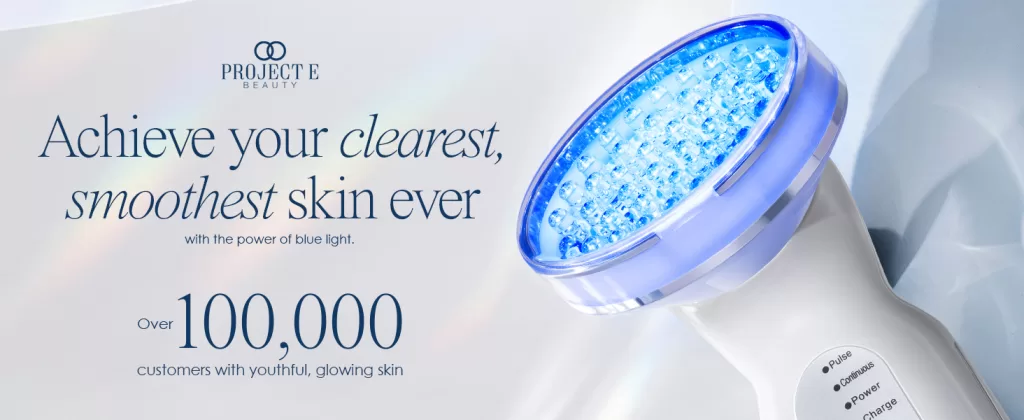
Professional Treatments
- Chemical Peels: Exfoliate the skin and help reduce the appearance of acne scars.
- Laser Therapy: Targets acne-causing bacteria and reduces inflammation.
- Extraction Procedures: Performed by dermatologists to remove large cysts or persistent comedones.
Skincare Tips for Managing Acne Vulgaris
A consistent skincare routine tailored to your skin type is essential for managing Acne Vulgaris. Here are some tips to help you maintain clear skin:
Cleanse Gently
Use a mild, non-comedogenic cleanser twice a day to remove excess oil, dirt, and makeup without stripping your skin’s natural moisture.
Moisturize Daily
Even if you have oily skin, moisturizing is crucial. Look for oil-free, non-comedogenic moisturizers that won’t clog pores.
Protect Your Skin from the Sun
Sun exposure can worsen acne and cause post-inflammatory hyperpigmentation. Use a broad-spectrum sunscreen with at least SPF 30 daily.
Avoid Picking or Squeezing
Touching or picking at your acne can lead to scarring and further inflammation. Instead, use spot treatments with benzoyl peroxide or salicylic acid.
AI and Personalized Skincare
- Recent Discoveries: Artificial intelligence (AI) is making its way into dermatology, with apps and devices that can analyze your skin and recommend personalized skincare routines. These AI-driven solutions consider your skin type, acne severity, and other factors to create tailored treatment plans. Some of these technologies are also used in research to better understand acne patterns and predict treatment outcomes.
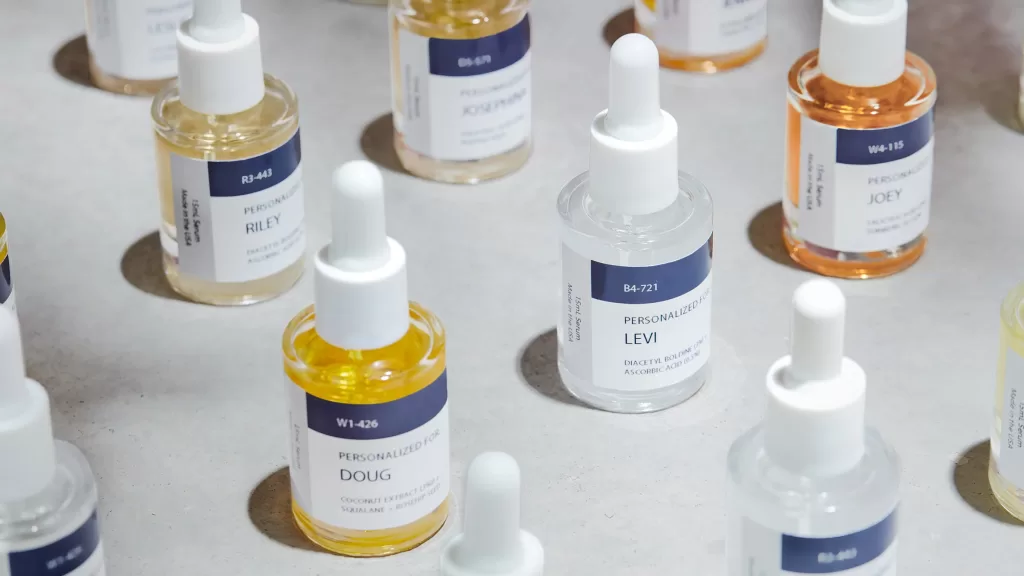
Conclusion
Acne Vulgaris can be challenging, but with the right knowledge and treatment approach, it’s manageable. By understanding the causes, exploring effective treatments, and adopting a tailored skincare routine, you can take control of your skin’s health and confidence. Remember, consistency is key—stick with your treatment plan, and consult a dermatologist for personalized advice.
For more skincare advice and product recommendations, fitness, and more, check out our other articles. @whereandhowresources

